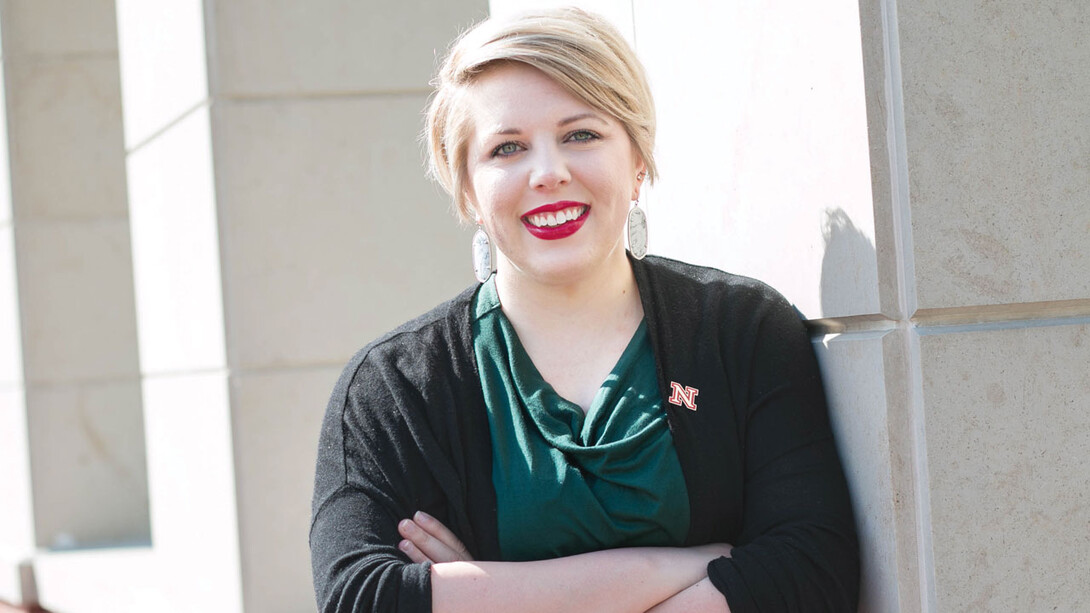
A doctoral student at the University of Nebraska-Lincoln has developed a measure to assess how preschool teachers rate their effectiveness at building relationships between families and schools.
Amanda Moen, a doctoral student in school psychology, tested the “Teacher Efficacy for Promoting Partnerships” measure by surveying 250 Head Start preschool teachers nationwide. In the survey, Moen asked educators to rate their effectiveness in building family partnerships, such as speaking with parents about their child’s strengths.
Moen found statistical evidence that the assessment produced consistent results and accurately measured how preschool teachers perceived their effectiveness at building partnerships with families.
She also discovered that most teachers surveyed felt effective in their ability to partner with families. The Head Start program encourages family engagement, Moen said, which could explain why these teachers had high scores.
“The results make me excited to move forward with future research that uses TEPP to better understand how family-school partnerships develop over time and how teachers’ beliefs affect these partnerships,” said Moen, a student affiliate of the Nebraska Center for Research on Children, Youth, Families and Schools.
Moen began studying family-school partnerships through her graduate assistantship with the Nebraska Center for Research on Children, Youth Families and Schools’ Getting Ready project, an early childhood intervention that assesses the influence of family-school partnerships on young children’s school readiness. While working on the project, Moen realized there was no measure that reflected how teachers’ beliefs affected these partnerships.
Moen worked with project staff and Susan Sheridan, director of the center, to develop the assessment. The project was piloted through the Getting Ready project.
“I’ve wanted to create something like TEPP since my first year of graduate school,” Moen said. “Ultimately, I think this measure will contribute to a greater understanding of the essential family-school relationships that are necessary for children’s success.”
Moen’s project is funded by the Buffett Early Childhood Institute at the University of Nebraska and the Society for the Study of School Psychology. Sheridan is Moen’s doctoral adviser.







